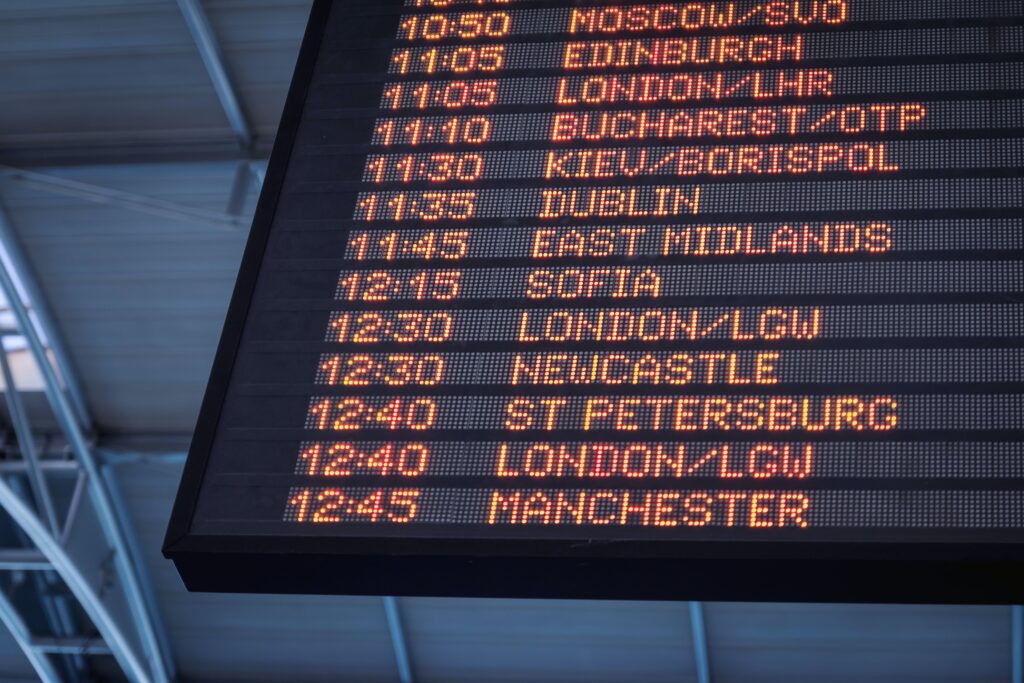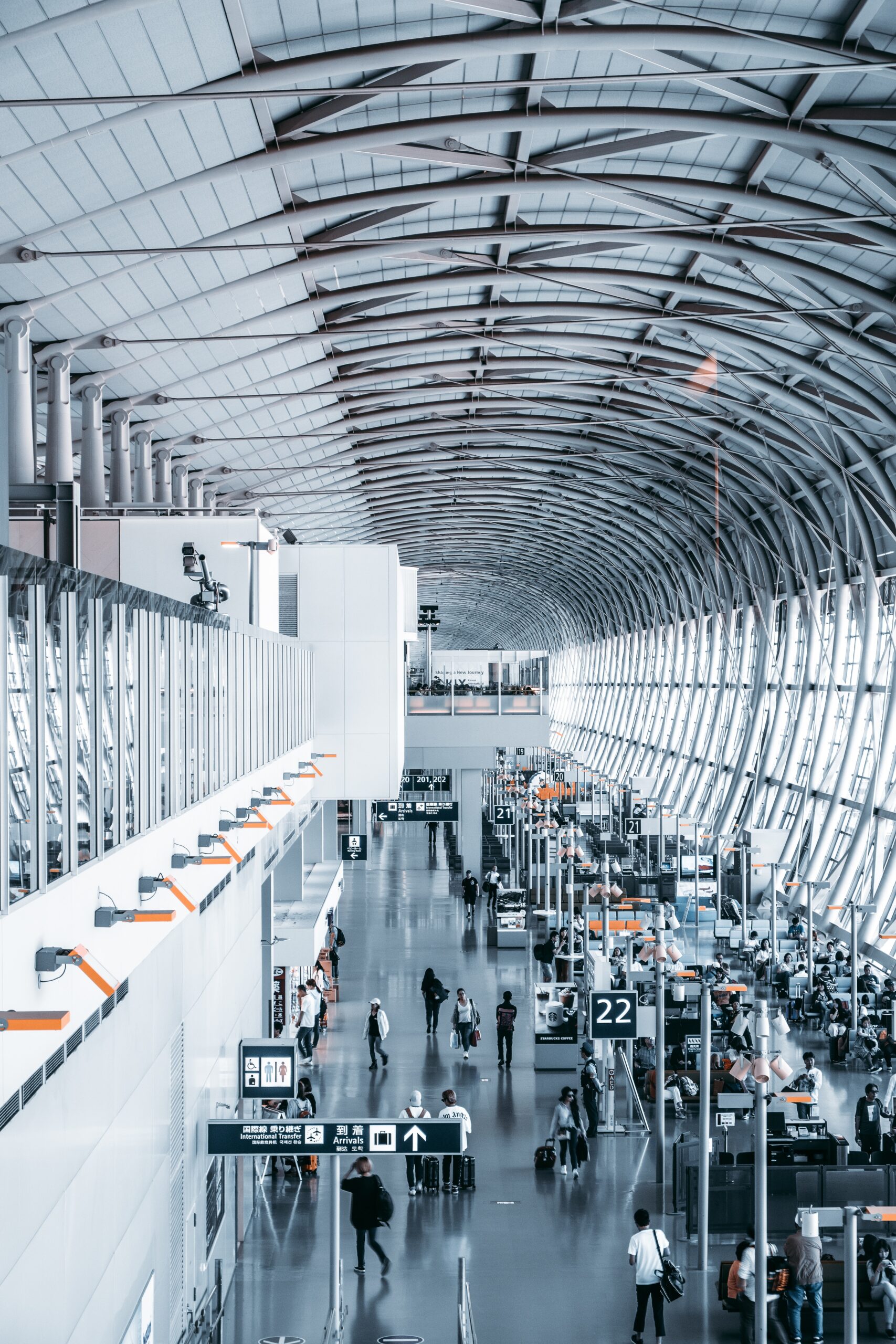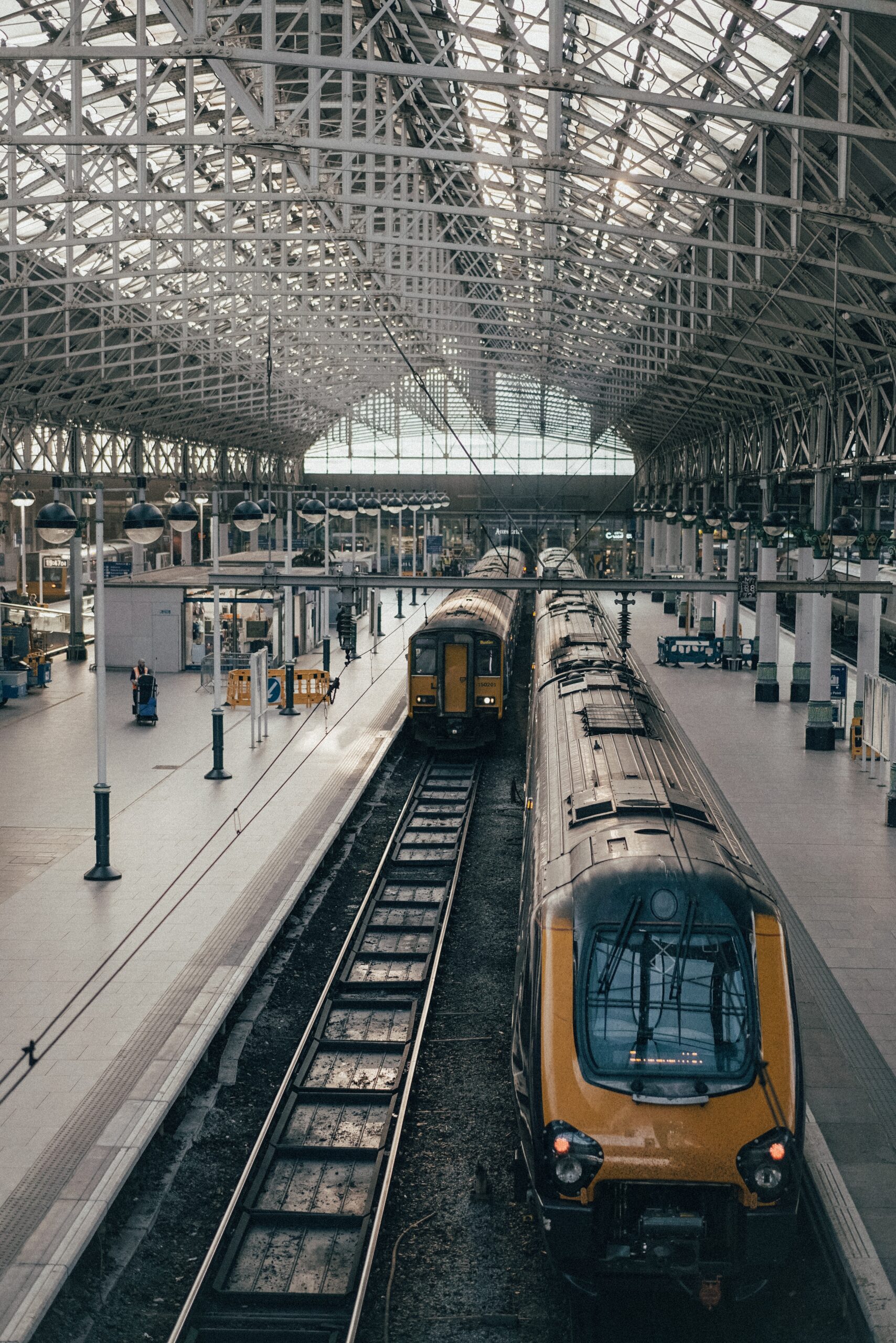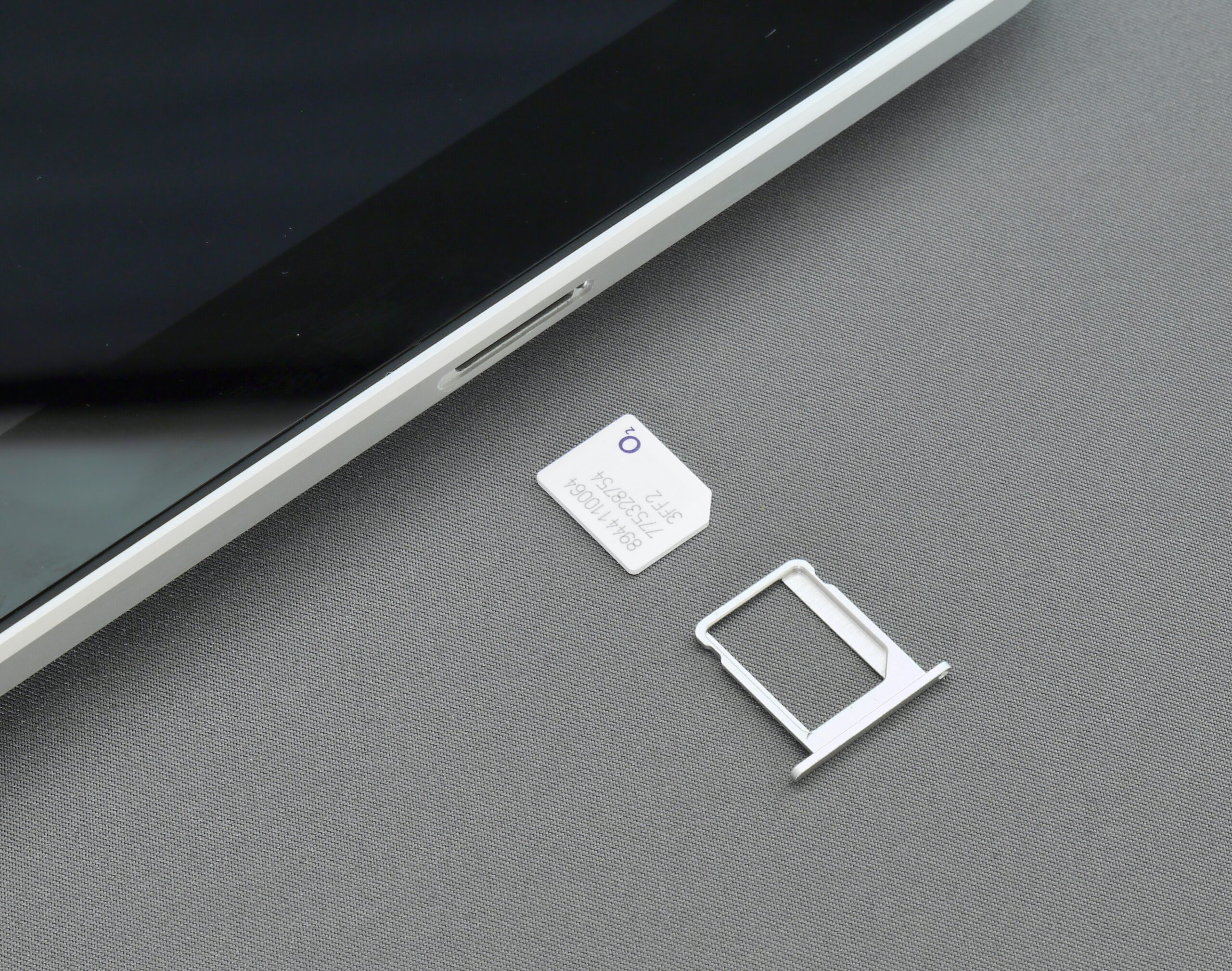Democratic Republic of the Congo Transportation Guide
Democratic Republic of the Congo Transportation Guide: DRC transportation faces challenges with limited infrastructure. Plan ahead, consider local guides, and navigate diverse terrains for smoother travel.


Democratic Republic of the Congo Transportation Guide – International Airports
The Democratic Republic of the Congo (DRC) has several international airports that serve as major gateways for both domestic and international flights. Here are some of the key international airports in the DRC:
Kinshasa N’Djili International Airport (FIH): Located in the capital city of Kinshasa, this is the largest and busiest international airport in the DRC. It serves as the primary entry point for international travelers to the country and offers connections to various international destinations.
Lubumbashi International Airport (FBM): Situated in the city of Lubumbashi in the southeastern part of the DRC, this airport is another important international gateway. It provides connections to regional and international destinations.
Goma International Airport (GOM): Located in the city of Goma in eastern DRC, near the border with Rwanda, this airport serves the eastern region of the country and offers international flights to nearby countries.
Kisangani Bangoka International Airport (FKI): Kisangani is a city in the northeastern part of the DRC, and this airport serves the region with both domestic and international flights.
Mbuji-Mayi Airport (MJM): Mbuji-Mayi is a city in the Kasai region, and its airport offers international flights, primarily to nearby countries in the region.
Kisangani Simisini Airport (KBN): This is another airport in Kisangani that handles international flights.
Bukavu Kavumu Airport (BKY): Located in the city of Bukavu in eastern DRC, this airport serves the region and provides connections to neighboring countries.
Kananga Airport (KGA): Kananga is a city in the Kasai region, and its airport offers international flights to nearby countries.
National Airports
The Democratic Republic of the Congo (DRC) has a network of national airports and airstrips that serve both domestic and regional flights, connecting various cities and regions within the country. Some of the important national airports in the DRC include:
N’Dolo Airport (NLO): Located in the capital city of Kinshasa, N’Dolo Airport primarily handles domestic flights within the DRC and is situated closer to the city center than Kinshasa N’Djili International Airport.
Kisangani Bangoka International Airport (FKI): While Kisangani Bangoka Airport serves international routes, it also facilitates domestic flights, connecting Kisangani with other cities within the country.
Mbuji-Mayi Airport (MJM): Mbuji-Mayi Airport serves the city of Mbuji-Mayi in the Kasai region and offers domestic flights to other destinations within the DRC.
Lubumbashi International Airport (FBM): Lubumbashi International Airport is a major national airport in southeastern DRC, serving both domestic and international flights.
Goma International Airport (GOM): Located in Goma in the eastern part of the DRC, this airport serves domestic routes and provides connections to other cities within the country.
Bunia Airport (BUX): Bunia Airport, located in the Ituri Province, handles domestic flights within the DRC.
Bukavu Kavumu Airport (BKY): Bukavu Kavumu Airport serves the city of Bukavu in eastern DRC and offers domestic connections.
Kananga Airport (KGA): Kananga Airport serves the city of Kananga in the Kasai region and facilitates domestic flights.
Kisangani Simisini Airport (KBN): This airport in Kisangani primarily handles domestic routes within the DRC.
Mbandaka Airport (MDK): Mbandaka Airport is situated in the Equateur Province and serves domestic routes.
Democratic Republic of the Congo Transportation Guide – Trains
The Democratic Republic of the Congo (DRC) has a limited and underdeveloped railway network, which is primarily used for transporting freight rather than passengers. The railway system in the DRC faces various challenges, including infrastructure maintenance issues, insufficient investment, and the impact of past conflicts. Here are some key points about the trains in the DRC:
Railway Infrastructure: The DRC’s railway network is centered around a few major lines that were originally built during the colonial period. These railways were constructed primarily for transporting minerals and other resources to the coast for export. The main railway lines include the Matadi-Kinshasa Railway, the Katanga Railway, and the Benguela Railway (which extends into Angola).
Limited Passenger Services: While these railways are mainly used for transporting freight, there are limited passenger services available on some routes. Passenger trains in the DRC are typically slower and less comfortable than other modes of transportation.


Democratic Republic of the Congo Transportation Guide – Buses
In the Democratic Republic of the Congo (DRC), road transportation is the primary mode of travel for both passengers and cargo. Buses, minibuses, and shared taxis play a vital role in providing transportation services within cities and for intercity travel. Here are some key points about buses and road transportation in the DRC:
Intercity Buses: Intercity buses are an important means of long-distance travel between cities and regions in the DRC. Various bus companies operate routes connecting major urban centers. These buses vary in terms of comfort and service, with some offering more modern amenities, while others are more basic.
Minibuses: Minibuses, often referred to as “bush taxis” or “taxis-bus,” are widely used for short-distance travel within cities and towns. They follow predefined routes and pick up and drop off passengers along the way. Minibuses are typically shared among passengers.
Rural Transportation: In more remote and rural areas, transportation options may be less formalized. Travelers may rely on shared vehicles, motorcycles, or even bicycles for transport.
Ticketing: Passengers typically purchase tickets directly from the bus conductor or driver when boarding. The availability of fixed schedules and fares may vary, and travelers are advised to inquire about fares and departure times in advance.


We recommend
Democratic Republic of the Congo travel tips
Our guide offers essential Democratic Republic of the Congo travel tips and insights for an unforgettable journey. Plan your trip with us!
Democratic Republic of the Congo Transportation Guide – SIM Cards
For travelers in the Democratic Republic of the Congo:
Registration: Register the SIM card with proper identification as required by local regulations.
Top-Up Options: Recharge with prepaid credit for data and calls at local vendors, kiosks, or through provider apps.
Network Coverage: Verify network coverage in your specific travel areas as it may vary.
Data Plans: Explore data packages for internet access; choose a plan based on your needs.
Phone Compatibility: Ensure your phone is unlocked to use local SIM cards.
Roaming Charges: Check with your home provider regarding international roaming rates; local SIMs may offer better deals.
Customer Service: Save customer service numbers for assistance; English may not be widely spoken.
Dual SIM Phones: If possible, use a dual SIM phone to keep your home number active.
Emergency Calls: Know local emergency numbers; keep your phone charged for emergencies.
Wi-Fi Availability: Rely on Wi-Fi in hotels or cafes; it may be more stable than mobile networks.
Data Speeds: Be aware that data speeds can vary, especially in remote areas.
Balance Check: Learn how to check your balance; providers usually have USSD codes for this.
SIM Replacement: Understand the procedure for replacing a SIM card if it gets lost or damaged.
Local Assistance: Seek help from locals or your accommodation if you encounter any issues.
Return Policy: Inquire about the return policy when purchasing a SIM card; clarify terms and conditions.for any changes in telecommunication services or regulations.
Currency Converter
Currency Converter EUR/USD: Sun, 8 Jun.
Unit Converter
Democratic Republic of the Congo Transportation Guide – Maps
What map do you need?
Choose your destination
More information about this country






